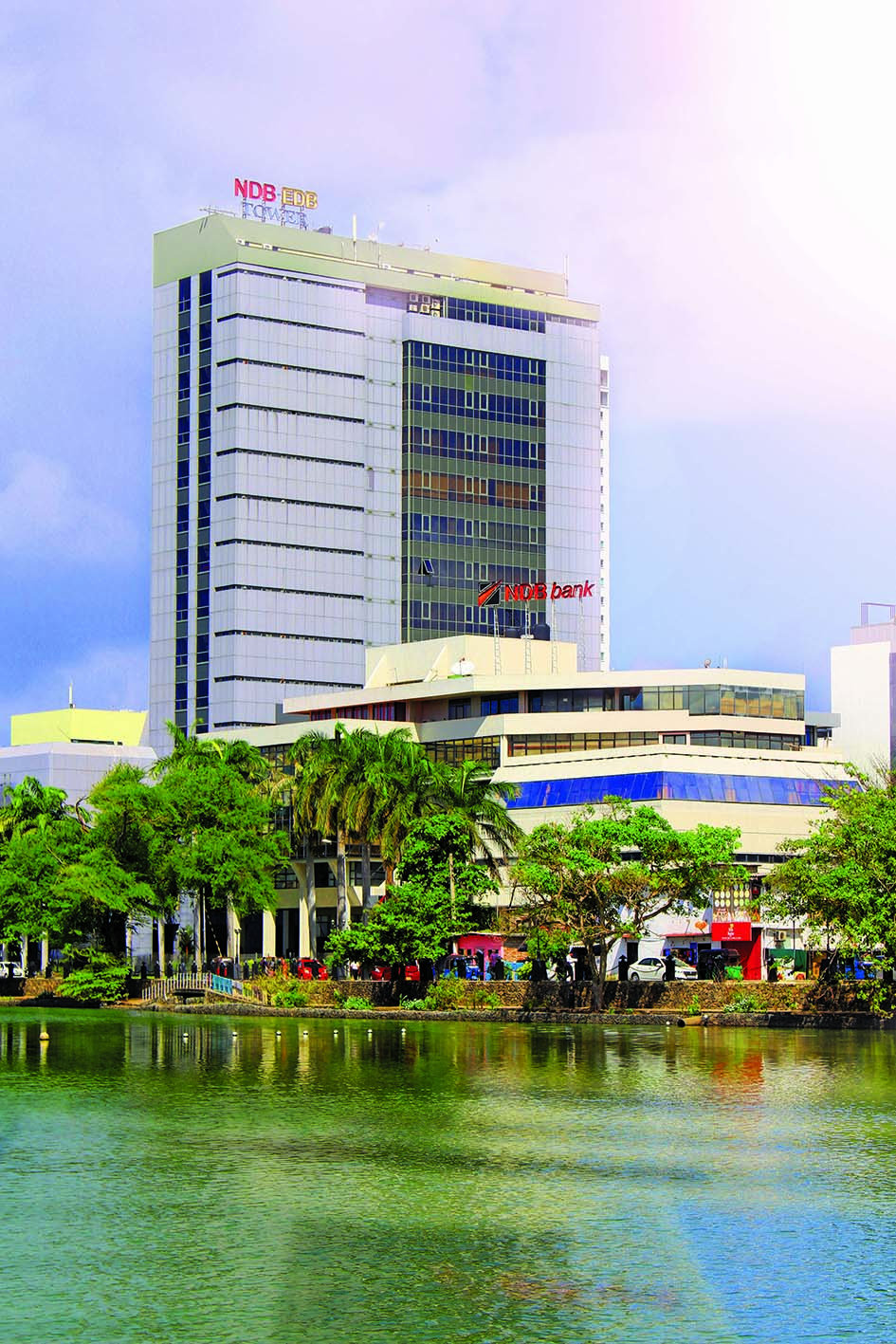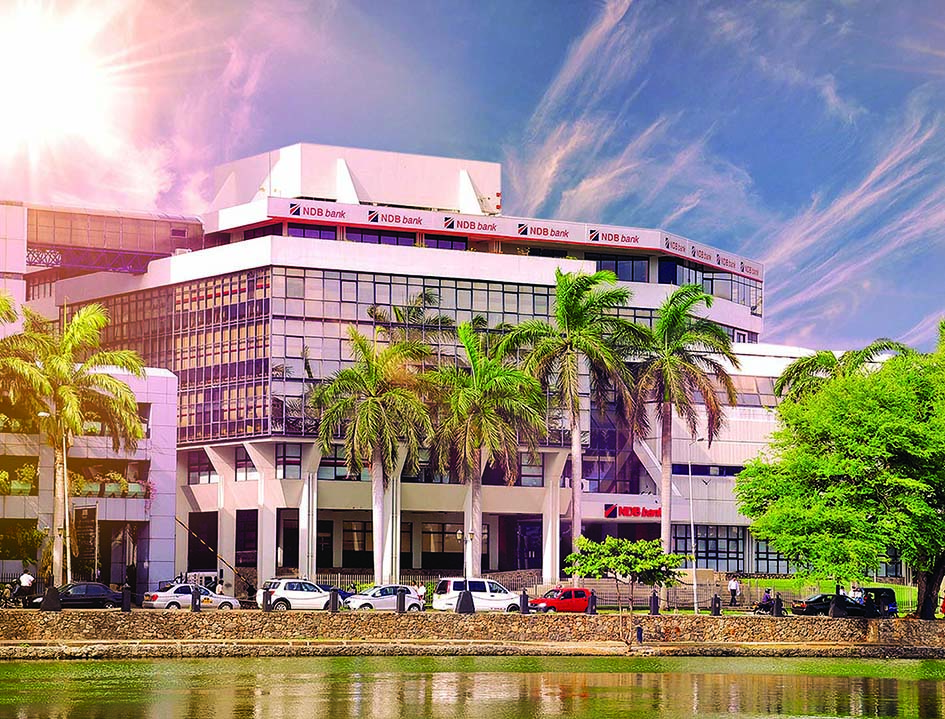NDB
Q: How would you describe the focus of NDB’s Business Banking unit?
A: SMEs and middle markets are key for the economy, as well as financial institutions. Over the last three decades, providing support to these markets has been a focus area for the bank.
NDB has been involved in traditional banking for over 30 years but to serve this segment, we want to do things differently. Therefore, we use a unique model in the Business Banking unit, which entails establishing hubs with relationship managers in different regions of the country to move towards a relationship based model.
This was the main reason for the formation of the Business Banking unit. Our role is to groom entrepreneurs to rise through the value chain to the corporate level.
Q: And how does the bank view the role of SMEs in the country?
A: SMEs are the backbone of Sri Lanka’s economy. According to recent Central Bank of Sri Lanka reports, it is estimated that the sector’s GDP contribution amounts to over 50 percent; and it also generates a substantial share of the nation’s employment.
As such, banks have a social responsibility to support SMEs as this will directly impact the national economy.
Q: Could you tell us about the model being used by the unit?
A: Experienced credit teams are located across the country to play the role of relationship managers so that each and every SME client will have a relationship manager. They will work to support and understand clients’ financial needs while also providing advisory services.
A pioneer in implementing this model in the SME segment, NDB has gleaned a better understanding of the issues faced by these businesses. Furthermore, this model has proved to be effective as it enables us to be proactive rather than reactive.
Traditionally, we applied the same approval process to all our facilities; but to improve the turnaround time for businesses with a turnover below Rs. 50 million, we use a centralised approval process to approve facilities within two or three days.
 Q: Which products are offered through the Business Banking unit?
Q: Which products are offered through the Business Banking unit?
A: Previously, NDB was a development bank so we have the expertise to support startups and new projects. As such, we offer project financing and working capital loans.
We also offer a wide range of products under working capital financing while other products are tailored to trade organisations – mainly exporters. As one of the main pillars in our business banking strategy is supporting exporters, we have developed numerous products to cater to their needs.
Advisory services are also a key product in this context as some SME’s financial management may be weak.
In addition, we have developed structured financing pro- ducts that are tailored to different industries’ needs. For instance, we have facilities for the tea, cinnamon, export and distribution sectors.
This year, we introduced three new current accounts with various features to cater to different customer segments: Business Star, Business Class and Business Premium.
Business Star is aimed at smaller clients who must maintain a credit balance of Rs. 100,000 for which they receive additional features. Meanwhile, Business Class clients must maintain a balance of 500,000 rupees while Business Premium targets exporters. With a minimum balance of Rs. 5 million, all trade transactions will be free.
Q: How does the bank look to appeal to its target audience?
A: A key strategy we’re using to attract clients is providing tailor-made industry solutions such as our structured products.
Another strategy is our relationship banking model through which we have increased our reach and are closer to clients. SME clients can be confident of receiving support at the regional level rather than from the head office.
Q: Could you explain the importance of the unit to the bank’s overall strategy?
A: Business banking is one of the main pillars in NDB’s overall strategy because in the long term, the bank wants to focus more on SME and retail segments. Therefore, the unit was created to use a different approach with teams being recruited in different regions and strategies to support SMEs.
Q: How does NDB intend to develop the unit and its offering in the future?
A: Over the last year, the unit has grown to boast representation in regions across
the country. Moreover, our assets, liabilities and staff strength have grown. The unit’s development is ongoing with several products and processes being introduced this year. These changes have been conceived by our young team, as they’re interested in changing the sector and doing things differently.
We’re looking to introduce automation to handle some routine tasks so that credit experts in the regional offices will have more time to meet clients and provide them with solutions.
Furthermore, we will be improving our approval system by incorporating online workflow processes to reduce paper consumption. By going green, we aim to support the environment and will also be looking to measure our impact by the number of trees saved, for instance.
Indika Ranaweera
Vice President
SME, Middle Market & Business Banking
Telephone 2448448
Email contact@ndbbank.com
Website www.ndbbank.com






